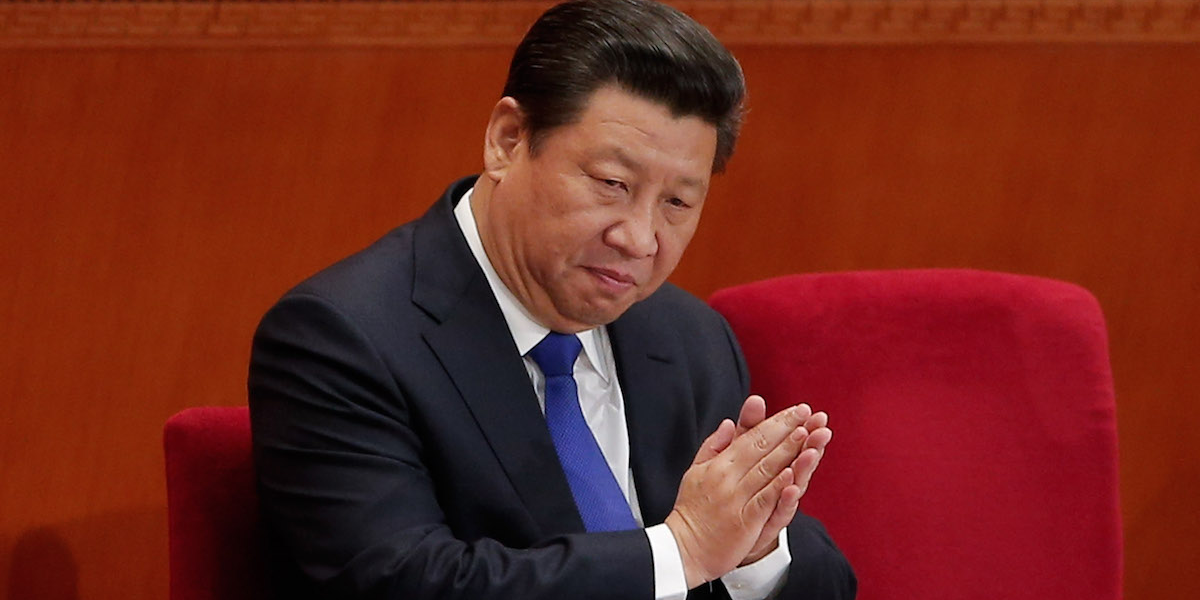- China’s Communist Party is very sensitive to any content seen to jeopardize its grip on power, and regularly censors social media posts and movie scenes.
- Many foreign companies have incurred its wrath for reasons including – according to the government – misconstruing Chinese politics and insulting Chinese citizens.
- The Chinese market is very valuable as people there are spending more and more on international goods and travel.
- Here’s a list of eight foreign companies – from Versace to Marriott Internationals to the NBA – who have groveled to China after offending it.
- Visit Business Insider’s homepage for more stories.
The NBA is at the centre of a storm in China after Daryl Morey, the general manager of the Houston Rocketstweeted his support for the Hong Kong protests, offending Chinese NBA fans, companies, and the country’s government, and leading to a days long dispute.
The league this week has found out what many other Western brands have discovered in recent years: China is a tricky country to do business in.
The ruling Communist Party is extremely sensitive to any content seen to jeopardize its grip on power, and regularly censors social media posts, movie scenes, and news coverage that may be used to criticize the government.
It has also attacked multiple foreign brands and companies for – in its opinion – getting involved in Chinese politics, misconstruing the country’s borders, and aggravating Chinese citizens.
Many brands have kowtowed to the Chinese government over these issues, which isn't surprising given the clout of Chinese consumers in global retail.
Despite a slowing economy, mainland Chinese consumers spent 170 billion yuan ($23 billion) 0n luxury goods in 2018, according to Bain & Company, with the number set to grow.
Scroll down to see how eight companies incurred China's wrath - and how they kowtowed to the Communist Party.
The NBA and Houston Rockets — which scrambled to distance themselves from a tweet from the Rockets' general manager supporting the Hong Kong protests.
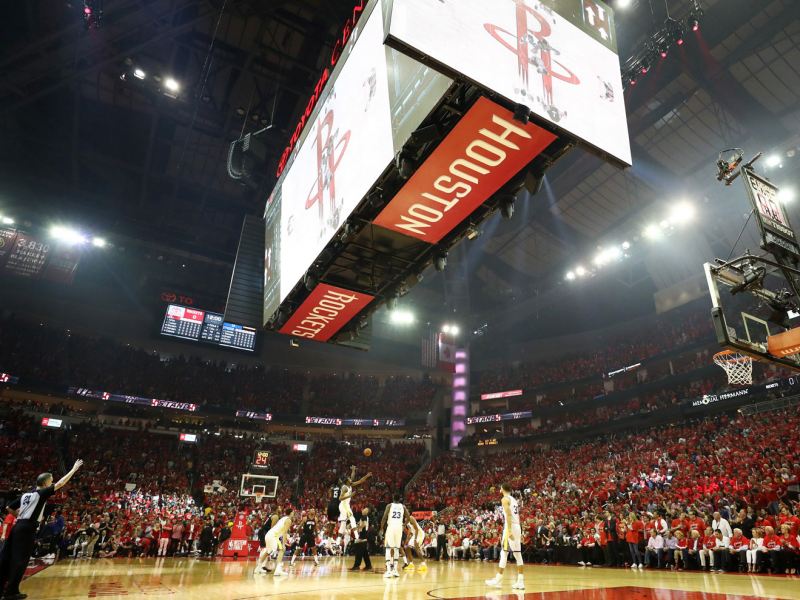
Rockets General Manager Daryl Morey sparked controversy in the US and China after he tweeted a graphic supporting the Hong Kong protesters in early October.
The Chinese Communist Party has repeatedly criticized the Hong Kong demonstrations, and have prevented its social media platforms and news outlets to report on them extensively.
Though Morey quickly deleted his tweet and said his political views did not represent those of the Rockets or the NBA, the Chinese Consulate in Houston criticized the tweet, and China's state broadcaster said it will stop showing NBA games.
Rockets owner Tilman Fertitta immediately distanced the team and its shareholders from Morey's statement, insisting that the team has "no political position."
Basketball is immensely popular in China, with nearly 500 million people watching NBA games on livestreaming platform Tencent Video last season.
The NBA also issued a statement saying Morey's tweet "deeply offended many of our friends and fans in China, which is regrettable."
NBA Commissioner Adam Silver has since defended Morey's freedom to express his political views, but noted that the league will not regulate or adjudicate players, employees and team owners' political opinions.
Swarovski — for describing Hong Kong as a country on its website amid anti-China protests.

Jewelry company Swarovski apologized in August for describing Hong Kong as a country on its website amid anti-China protests in Hong Kong.
Hong Kong is a Chinese city, but operates under a separate constitution and independent judiciary. Hong Kongers have been protesting over Chinese encroachment into the semi-autonomous city.
In a statement on Facebook, the company apologized for its "misleading communication on China's National Sovereignty."
"Swarovski has always firmly respected China's National Sovereignty and territorial integrity, providing the Chinese market with unified worldwide services and products," it said.
Versace — for making a T-shirt that listed Hong Kong as its own country.

In August 2018, photos of a Versace T-shirt that described Hong Kong as its own country went viral on Chinese social media, prompting fury from patriotic citizens.
The shirt featured a list of cities and the countries they belong to, as such: "Paris - FRANCE," "New York - USA," and "Beijing - CHINA." But Hong Kong's entry said: "Hong Kong - HONG KONG."
A leading Chinese brand ambassador has quit Versace, claiming that one of the brand's T-shirts broke Beijing's "one China" policy. https://t.co/2IfBrMs474 pic.twitter.com/9U8s9Xgleq
— CNN Style (@CNNStyle) August 12, 2019
Yang Mi, a Chinese actress and singer, stepped down as a brand ambassador amid the controversy, saying: "Disclaimer: At any time, China's territorial integrity and sovereignty are sacred and inviolable, and even more inseparable!"
Versace later tweeted an impassioned apology from chief creative officer Donatella Versace, published in both English and Chinese.
"I am deeply sorry for the unfortunate recent error that was made by our company," Versace said.
"Never have I wanted to disrespect China's national sovereignty and this is why I wanted to personally apologize for such inaccuracy and for any distress that it might have caused."
Coach — for listing Hong Kong and Taiwan as individual countries.
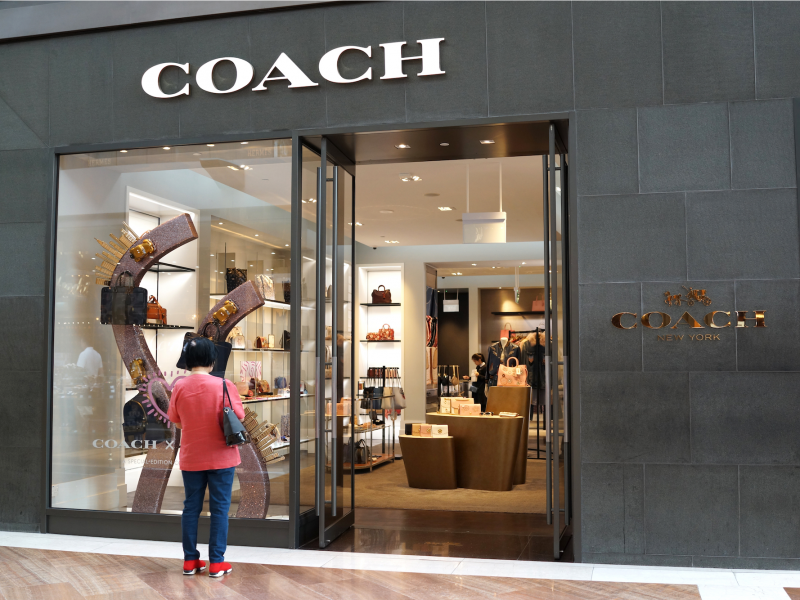
In August, Coach also apologized for selling a shirt in May 2018 that identified Hong Kong and Taiwan as countries separate from China.
US fashion brand @Coach apologized on Mon for major designing errors and stressed that it respects Chinese sovereignty and territory integrity after it was found listing #HongKong and #Taiwan as countries for its products and on its website. pic.twitter.com/zKSdBvZIP4
— People's Daily, China (@PDChina) August 12, 2019
Taiwan has been self-governing since it split with mainland China in 1949. However, Beijing has repeatedly insisted that the island is part of China, and has in recent months increased pressure on foreign countries and companies to do the same.
In an August statement, Coach described the T-shirt design as a "serious inaccuracy," and said it "immediately pulled those products from all channels globally."
"We are fully aware of the severity of this error and deeply regret it," it added. "Coach is dedicated to long-term development in China, and we respect the feelings of the Chinese people."
Chinese model Liu Wen terminated her contract with Coach at the same time, saying in a statement on Weibo: "I am sorry for the damage caused to the public for my poor choice of brand. I love my motherland and I resolutely safeguard national sovereignty."
Dolce & Gabbana — for running an ad campaign that seemed to mock Chinese people, and for a series of apparently leaked text messages showing its founder being racist against China.

The Italian fashion house angered Chinese people in November 2018 after it published ads depicting a Chinese model struggling to eat Italian food with chopsticks, and after a woman published screenshots allegedly of co-founder Stefano Gabbana making racist comments about Asians after she criticized the campaign.
Dolce & Gabbana canceled a highly-anticipated Shanghai fashion show in response, telling Insider at the time: "What happened today was very unfortunate not only for us, but also for all the people who worked day and night to bring this event to life."
The company also claimed that Gabbana's Instagram account was hacked, but didn't explicitly say whether he sent the messages.
It apologized for "impact and harm these untrue remarks have had on China and the Chinese people," referring to the alleged messages from the account associated with Gabbana.
The apologies didn't seem to work though. Online stores pulled Dolce & Gabbana products from their sites last year, and the company is still suffering from weak sales in China, Bloomberg reported in March.
Calvin Klein — for apparently identifying Hong Kong, Macau, and Taiwan as individual countries on its US website.

In an August statement on Weibo, the American clothing brand apologized "deeply" for "causing misunderstanding with the language/country classification options" on its website.
"We also reiterate that Calvin Klein completely respects and honors the integrity of China's sovereignty and territory," it added.
Macau, like Hong Kong, is a semi-autonomous city that belongs to China.
Audi — for using a map of China that left off Taiwan, South Tibet, and a part of Xinjiang.
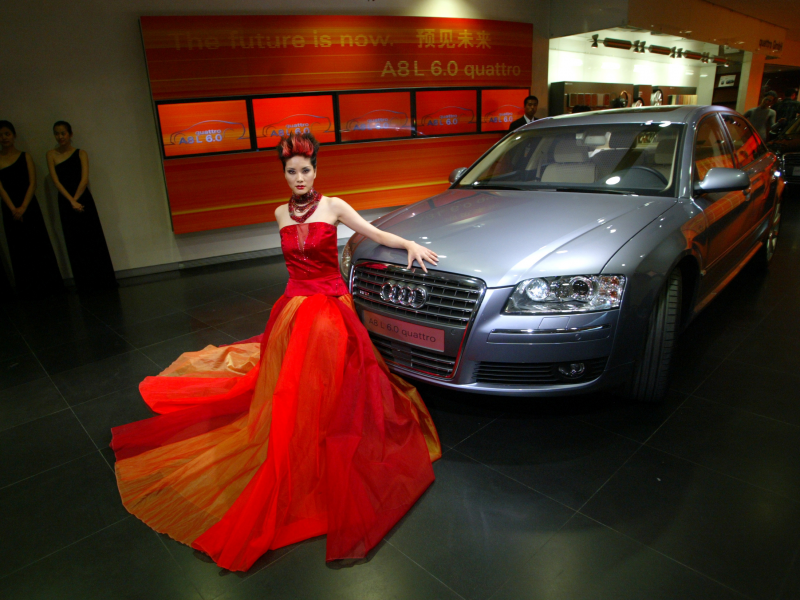
At its annual press conference in March 2017, the German car company showed a map of China that excluded Taiwan, South Tibet, and Xinjiang.
You can see a photo of the presentation here.
Tibet and Xinjiang are Chinese-administered regions, but have distinctly different cultures from the rest of mainland China. The Tibetan and Uighur ethnic minorities are ruled with an iron fist as Beijing suspects them of being separatists and national-security threats.
Audi apologized the next day, saying that it used "an incorrect geographical map" that "hurt the feelings of Chinese people," according to the state-run Global Times tabloid.
"This was a serious mistake for which Audi wants to sincerely apologize," the statement continued. "This is also a profound lesson that Audi will learn from."
Marriott hotels — for listing Hong Kong and Macau — specially-administered Chinese territories — and Taiwan as separate countries in a questionnaire emailed to customers.
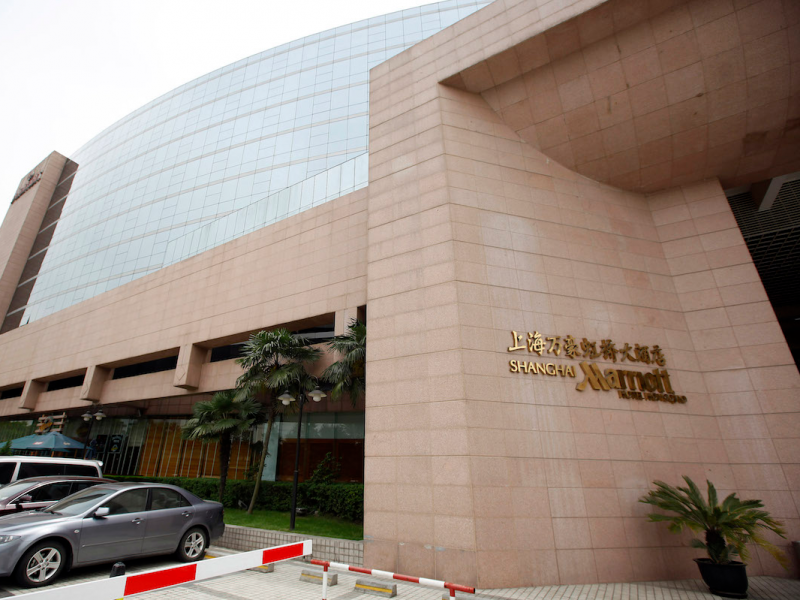
In January 2018, the hotel chain listed Hong Kong, Macau, Taiwan, and Tibet as countries in a questionnaire emailed to customers.
Shanghai's Cyberspace Administration responded by investigating Marriott International over a potential breach of cybersecurity and advertising laws, and ordering it to take down its website and app for a week.
In response, Marriott International's CEO issued a public apology saying the company "respects and supports the sovereignty and territorial integrity of China ... We recognize the severity of the situation and sincerely apologize."
Read more: Every company that's given into China's 'Orwellian' demands over Taiwan
Qantas, Air France, Air Canada, British Airways, and many other airlines — for listing Taiwan as its own country.
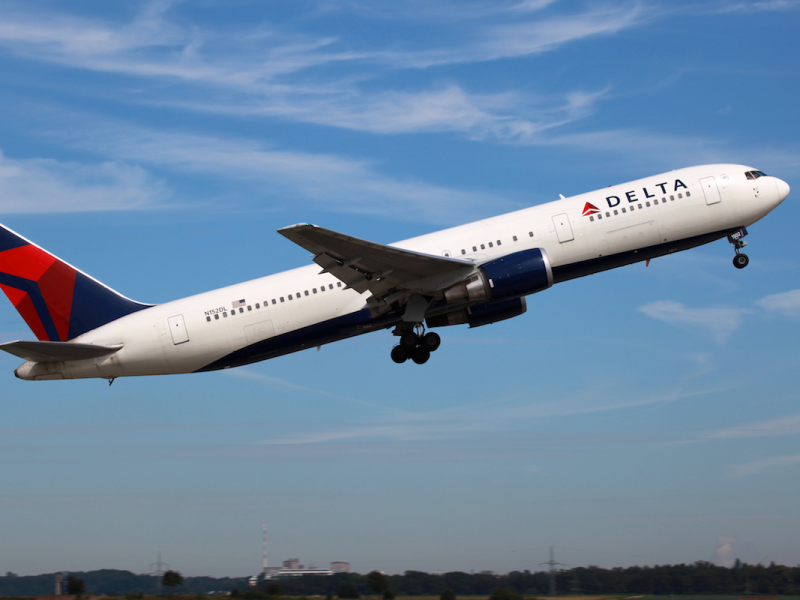
Last April, China's Civil Aviation Administration wrote to at least 36 foreign airlines demanding they change their references to Taiwan to a Chinese territory.
Dozens of airlines adhered to this demand for fear of being punished in the country and losing access to the booming travel market.
They include Qantas, Air France, Air Canada, British Airways, and Malaysia Airlines.
Some didn't, though: United Airlines listed Taiwan as a location that uses the Taiwanese currency, rather than a Chinese company; and Japan Airlines and ANA only introduced the "Taiwan, China" descriptor on Chinese-language sites.
China's punishments have extended into the video gaming world, too. In October Blizzard Entertainment banned a professional eSports player from a tournament and his job for a year after he voiced support for the Hong Kong protests.

US video game company Blizzard Entertainment fined professional eSports player Blitzchung his prize money and banned him for a year after he appeared in a gas mask - an ubiquitous sight in Hong Kong's tear gas-heavy - and shouted: "Liberate Hong Kong, revolution of our age!"
Blizzard has since deleted footage of the interview from its official channels.
A big reason why these brands have been so quick to apologize to China is because of citizens' patriotism and sensitivity to geopolitical issues.

As Marie Tulloch, a senior client services manager at Emerging Communications UK - a company focused on marketing to the Chinese market - told The Daily Beast:
"The Western view has always been the prominent view, and designers and marketing people aren't used to having to culture check their content."
"In other countries, especially China, there is so much national sentiment and pride, anything that threatens or demeans that becomes a big issue for consumers.
"The current internet generation is more vocal than their predecessors and are more willing to voice opinions if they don't like something."

